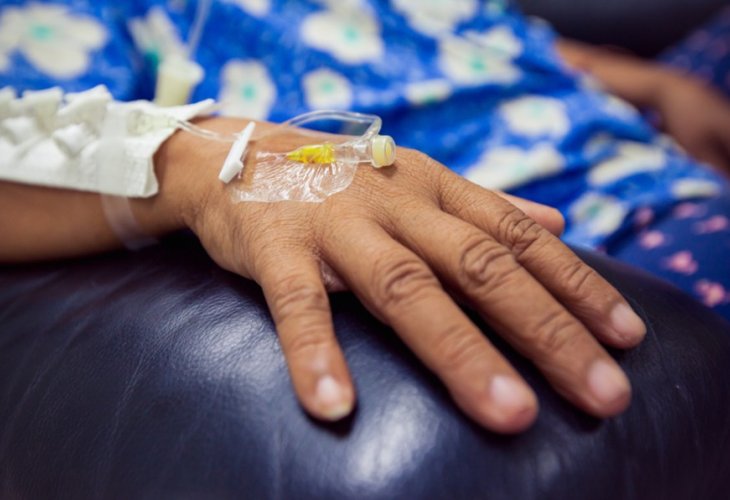New Hope for Cancer Patients: Personalized Biological Treatment
Over 100,000 cancer patients have undergone a test to determine if their condition can be treated without chemotherapy, using only pills. Is this the next breakthrough in cancer treatment?
 (Photo: shutterstock)
(Photo: shutterstock)Every year, cancer claims millions of lives, but could we be on the verge of a dramatic transformation in its treatment? At a conference at Harvard Medical School in Boston, Dr. Edward Abrahams, President of the Personalized Medicine Coalition in Washington, unveiled an innovative approach to cancer treatment.
"For many years, when we saw two people with the same type of cancer, we treated them identically," he explained. "Even upon microscopic examination, the cancerous tumor appeared similar, so the treatment was the same. But today we have a more established understanding of the biological mechanisms and molecular structure of cancer tumors. We recognize that even if the tumor looks identical in the lab, it can vary dramatically from patient to patient."
Dr. Abrahams emphasized that with this understanding, they are currently developing personalized medicine alongside tools to aid in treating each patient. He referred to it as a true revolution and predicted significant changes shortly.
It is important to emphasize that this shift is significant because, since 1940, chemotherapy has been the mainstay of cancer treatment. In some types of cancer, chemotherapy has been beneficial and curative, but the challenge is predicting which patients will benefit and which will suffer from side effects.
Now, the goal of doctors, following the new concept, is to integrate all the research conducted over the years and develop customized medications for each patient. This revolutionary method is being implemented by Roche, a leading American company, through its Foundation Medicine Labs, which specialize in developing personalized cancer treatments.
One of the company's recent innovations in Boston labs allows for the identification of genes not only through biopsy but also via blood tests. In some cases, these tests can reveal specific mutations in patients, allowing them to switch from chemotherapy to personalized biological treatment, often through pills.
According to Roche, over 100,000 patients worldwide have already undergone these tests, and the company possesses the most comprehensive and accurate database globally in this field. The sole drawback is that these tests are not covered by insurance, requiring patients to pay out of pocket, with each test costing several thousand shekels.

